In fairness to the Bank of North Dakota, here is the audio of bank president Todd Steinwand’s discussion with Joel Heitkamp regarding the article I wrote last week.
My contention last week was not that the bank was necessarily doing anything wrong, but that the legislature may be putting the bank into a bad position.
(To his credit, Todd Steinwand did contact me personally me to discuss my article. That conversation did not go too well because, like with the interview with Joel, he didn’t want to speculate on hypotheticals and I did not have specific scenerios off the top of my head to ask about.)
To summarize the response by Steinwand on KFGO (if you were concerned after reading my article last week, I would encourage you to listen to this interview):
The Bank of North Dakota is different because it’s backed by the State of North Dakota, and the state isn’t going to pull so much of its deposits out that it will create a problem.
The Bank of North Dakota does not have to revalue its loans like a normal bank because the Bank of North Dakota is not in the business of selling loans to create liquidity like a normal bank.
He did not want to speculate on any scenario that might lead to a problem because it is not a normal bank subject to normal scenarios.
One interesting note from the interview: over 50% of the Bank of North Dakota’s loan portfolio is tied to the agriculture sector.
Barring a change in the law by future legislatures, or a crisis beyond what we’ve seen in the past, this is accurate because the state cannot withdraw the funds the bank is using for its balance sheet. Perhaps the only hole in this argument is his confidence that the legislature will not pass laws that will create problems.
This brings me back to my original point, that the legislature is using the bank for creative financing that may someday put the bank at risk.
The bank is relying on the legislature to practice sound fiscal conservative judgment and not put the state in the position of having to withdraw deposits to cover other bad spending choices in the case of a severe market downturn specifical in the agriculture and oil sectors.
This is a critical consideration given the data provided by the North Dakota Petroleum Foundation that 51% of all taxes collected by the state are attributed to the oil and gas industry.
In my discussions with Ed Schafer last week, we covered this reliance on a condensed economic climate.
Again, there are no problems until something goes wrong.
And it’s up to the legislature to make sure nothing goes wrong.





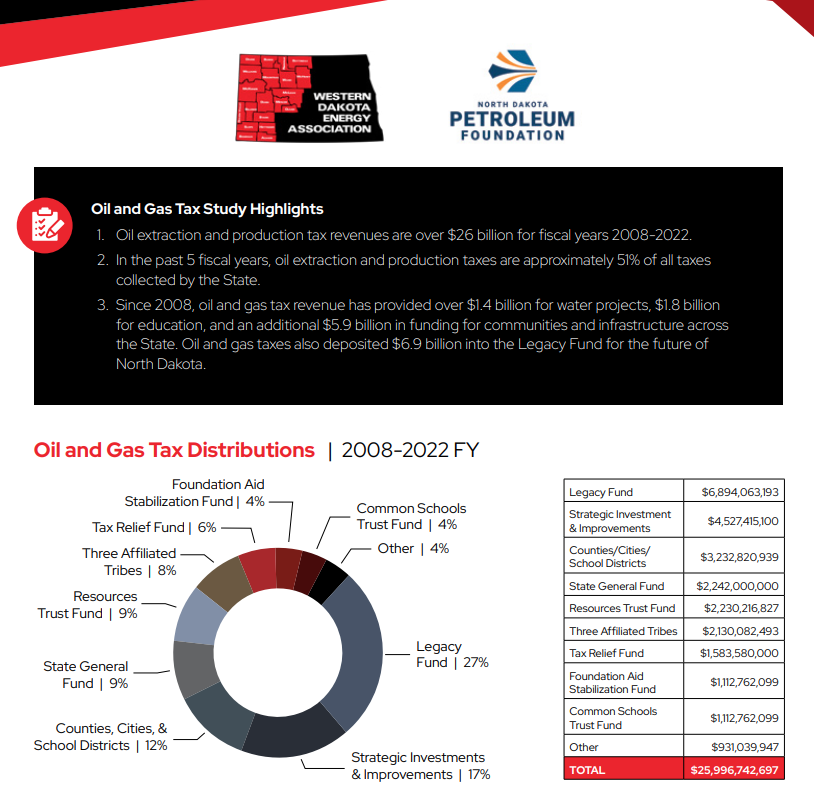

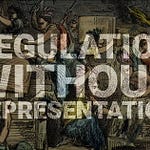
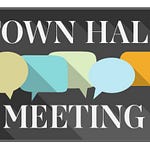
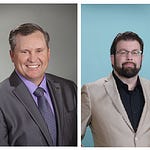
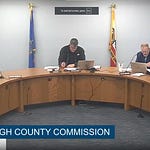



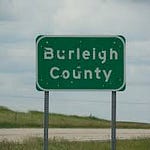
Share this post